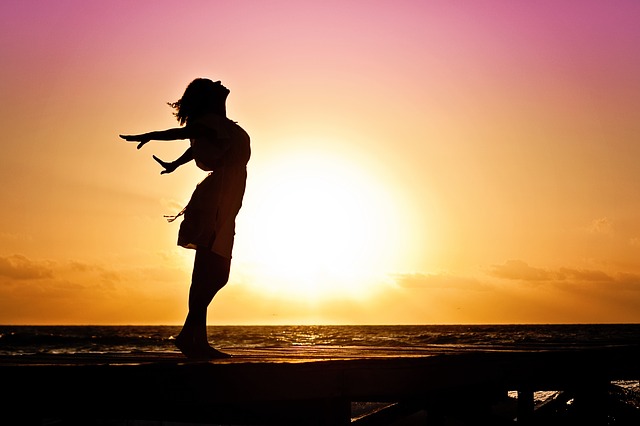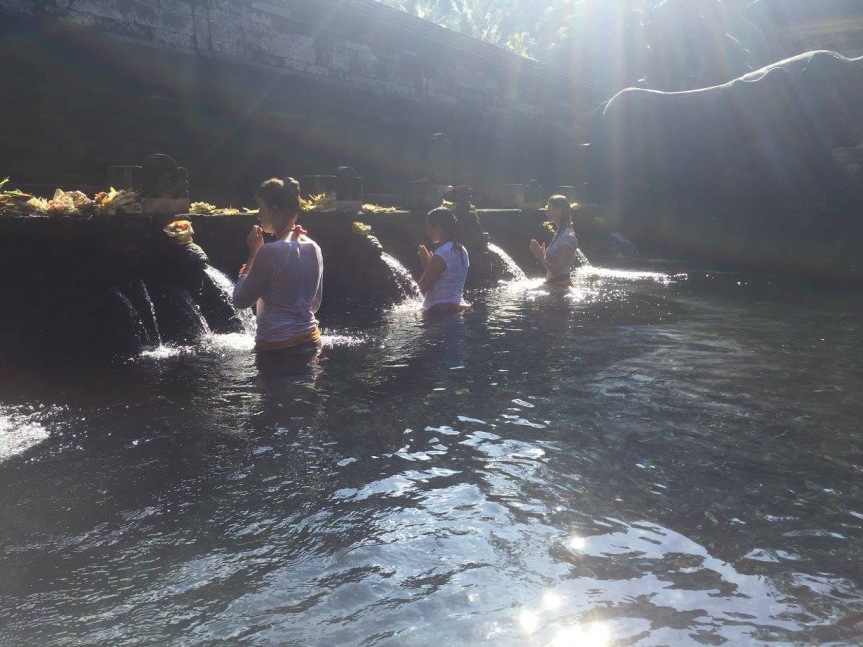Singaporeans know about the dreaded PSLE (Primary School Leaving Examinations) which all our 12 year olds sit for. The common perception is that these exams can make or break a child’s future as it determines the secondary school he or she gets into. Which in turn determines the junior college and finally the university the child gets into. As a small country with no natural resources, it is understandable that a lot of focus and pressure is put on developing our children.
Anticipating the stress, I was mentally prepared myself for my daughter’s PSLE when she stepped into Primary 5. I knew the syllabus would be difficult and that she would need to put in extra hours of studies. As I watched her struggle and yet somehow cope in her own way in Primary 5, I realised that this was more than a journey towards the PSLE. It was a journey of self discovery, of doing things outside of her comfort zone and of managing stress. As she hit Primary 6, I noticed with a sinking feeling that she was getting increasingly tired and was beginning to see studies as a chore. No matter how much pep talk I gave, she would invariably look at me with droopy eyes and respond that she was tired.
I knew then what I had to do. I had to put myself in a similar experience to be able to empathise with her. There was no point in my trying to motivate her if I did not feel what she was feeling. It was only through this connection that I would fully appreciate what she was going through. On a side note, although I have gone through the PSLE as a child myself, it really is a lot different nowadays. The fact that schools hold Maths workshops for parents is an indicator that the syllabus has changed considerably.
So to put myself in a similar experience of self discovery and stretching beyond my comfort zone as my daughter was doing, I quit my job and set up my own practice. It was a decision which had been lurking in my mind for a while but I took the leap of faith once I made the connection with my daughter’s journey. The months leading up to my resignation were fraught with trepidation and fear as I wondered if I was ready to set up my own practice. I did not feel confident that I could built a successful practice.
During this phase, I noticed that I had fewer pep talks with my daughter and more heart-to-heart talks. I asked her about her day and how she was feeling rather than whether she had completed her homework. When she was exhausted, I was exhausted too as I was trying to make something out of my practice. In this twin journey, I was not her superior, I was her equal. As she grew in confidence with her school work, so did I. As she became more disciplined in saying no to things which wasted her time such as television, so did I. I limited my time out of the house and cut down on social outings. I felt the combination of her exhaustion, nervousness and joy – because I felt it too.
The PSLE starts in a week and in a blink of an eye, it will be over. But what will remain is the twin journey I’ve had with my daughter and the connection we have made over the year. Finally, I can see a valuable outcome of the PSLE.



